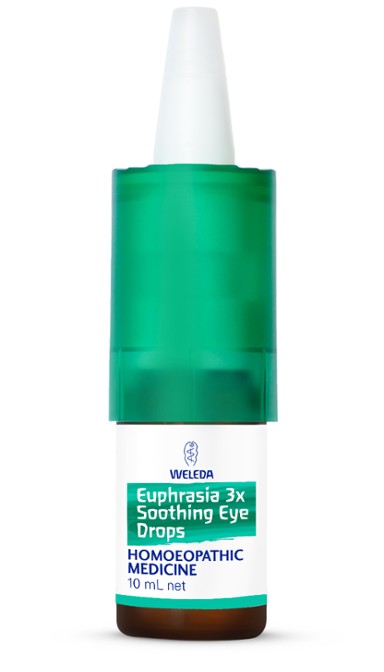
Conjunctivitis. Causes and Treatment
Conjunctivitis is one of the most common eye diseases. Typical symptoms are redness, itching, and burning and increased tear production
What is conjunctivitis?
Conjunctivitis is a common eye disease involving the inflammation of the conjunctiva – the thin membrane covering the inner surface of the eyelid and the white part of the eyeball (sclera). A medical distinction is made between non-infectious conjunctivitis and infectious conjunctivitis. Non-infectious conjunctivitis is usually triggered by environmental stimuli such as dust, smoke and draughts, as well as intense sunlight. Allergens can also irritate the eyes and cause conjunctivitis.
What causes conjunctivitis?
There are different causes of conjunctivitis. Typical symptoms are redness, itching, increased production of tears and a foreign body sensation in the eye.
In mild forms of conjunctivitis, the eyes may be pink and watery, and have a stinging or burning sensation. Swollen eyelids in the morning are typical for conjunctivitis. There can also be a feeling of pressure behind the eye, or of sand in your eye every time you blink. Increased blood flow to the conjunctival vessels causes red eyes. An ophthalmologist can examine your eyes to make a diagnosis. If symptoms are accompanied by sticky discharge from the eyes, it is probably an infectious, bacterial conjunctivitis. In this case, it is important to consult an eye doctor. Calendula eye drops can help alleviate the symptoms until the doctor’s appointment.
Treatment of conjunctivitis
Conjunctivitis can be treated with eye drops. Euphrasia extract soothes the eyes and relieves irritation caused by catarrhal conjunctivitis and eyelid edema (swollen eyelids) caused by allergies. Euphrasia, also known as eyebright, has been used for centuries to treat eye complaints.
Eye drops containing calendula are often recommended for infectious, purulent conjunctivitis. Calendula extract inhibits the growth of inflammatory pathogens on the tear film, soothes irritations and supports the healing process.
When to see a doctor
The use of medicine to treat eye inflammation should not be done without the advice of an eye doctor. In the event of severe pain in the eye area or a sudden loss of vision, consult a doctor immediately. Also consult a doctor in the case of prolonged or unclear symptoms. It is important to exclude other possible causes for the symptoms, such as dry eye syndrome. Paradoxically, dry eyes can also cause excessive tearing and watery eyes.










